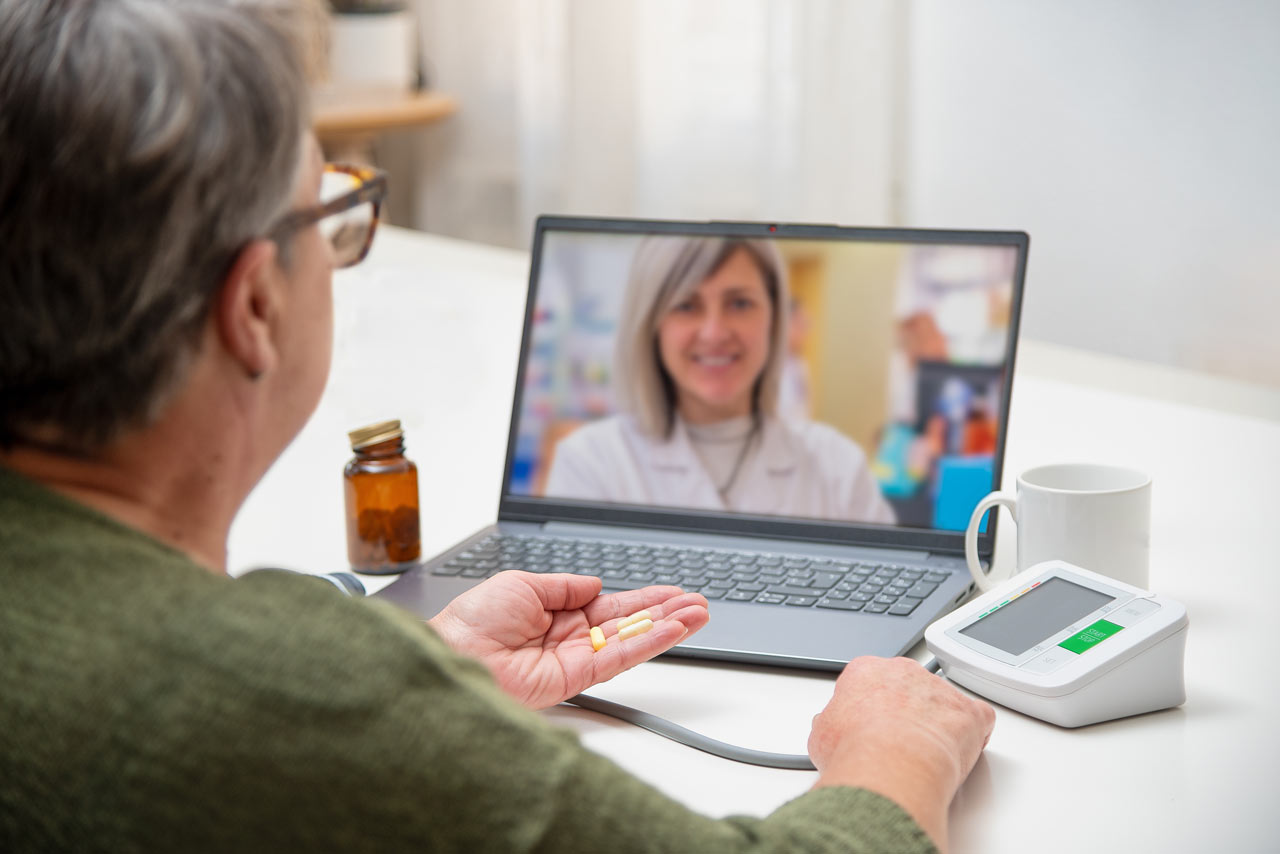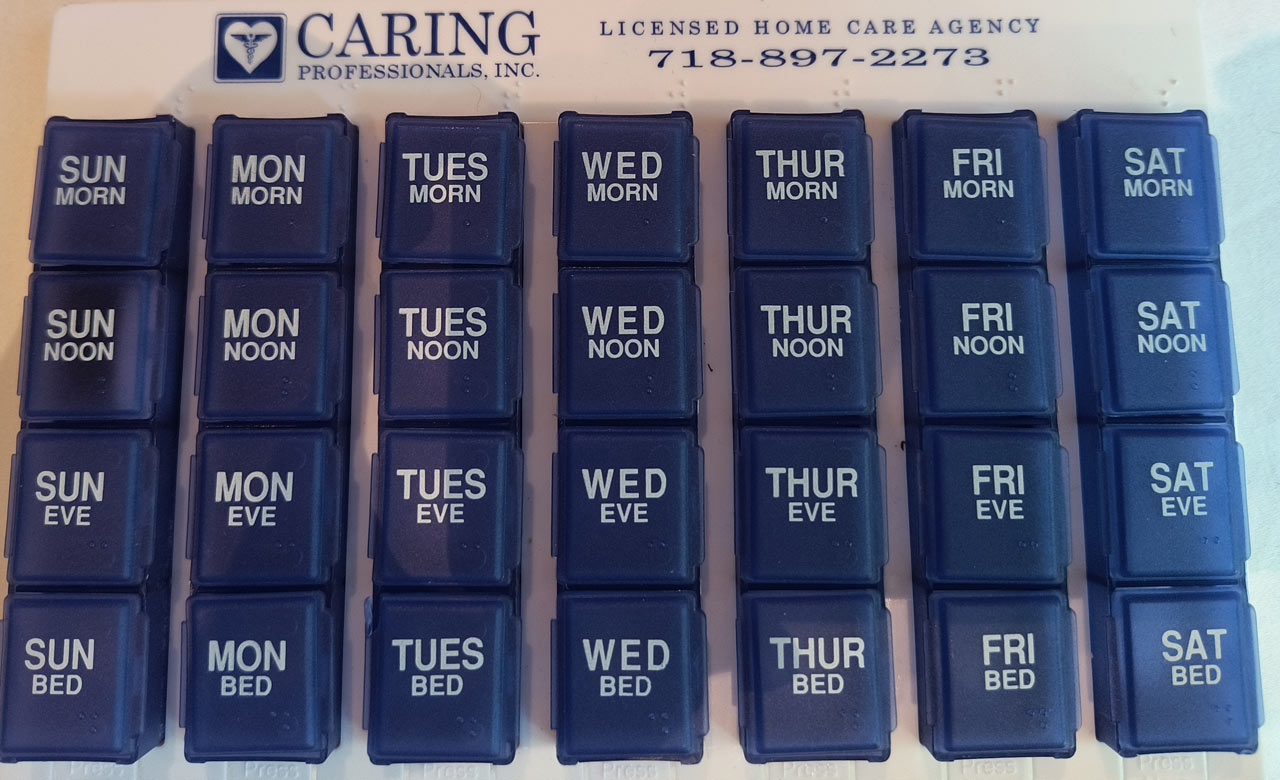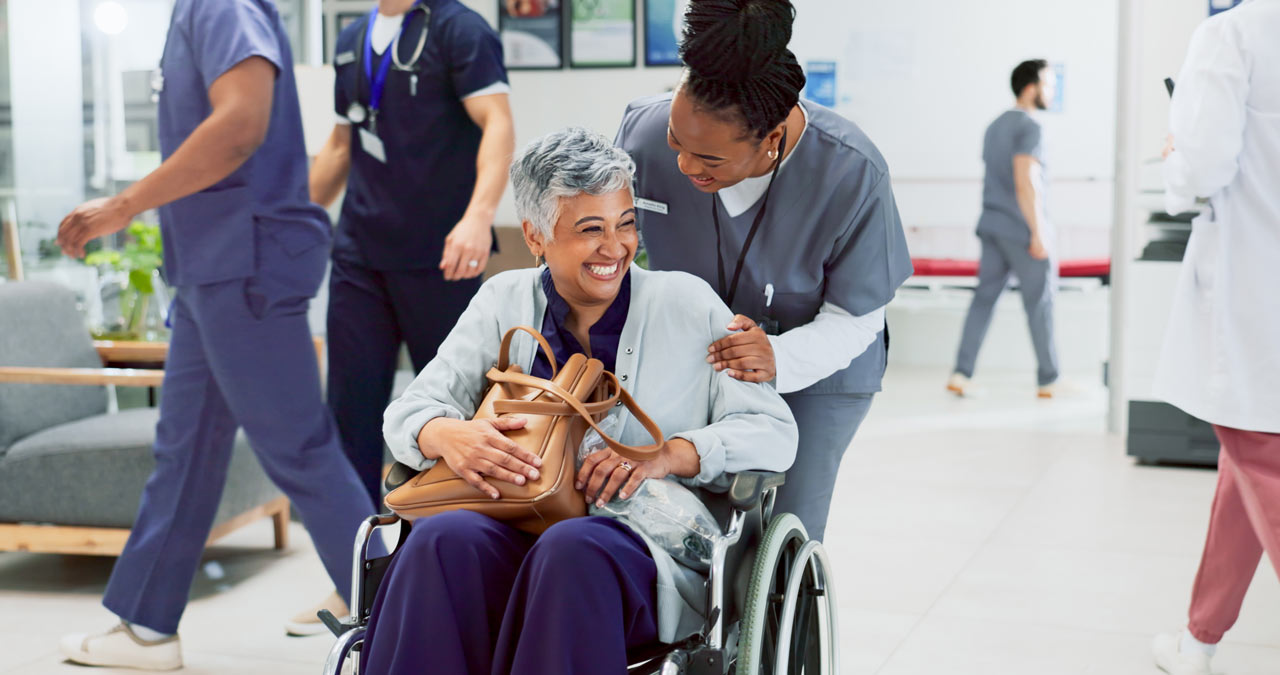Prevent Falls & Potential Injuries
One out of five falls causes serious injury in older adults. Help prevent falls with tips from the National Council on Aging.
It can be easy to gloss over a topic like fall prevention if you haven’t experienced it first hand. A big myth around falling and the elderly is that only those with physical ailments are prone to falling. The truth is, around one third of people experience falls in their later years, and there are many factors that can be involved, from health to environmental hazards.
Falls are the leading cause of injury for older adults, and unfortunately one fall can start a cycle of deteriorating health, leading to worse falls in the future. The good news is that organizations like the CDC and the National Council on Aging have focused on preventing falls, and the injuries they cause.
Conditions that cause falls
The first step in preventing falls is to discuss the possible conditions that make people more prone to these accidents. A doctor can help assess the likelihood of falls, including any medication (prescription or over-the-counter) that may have side effects that affect stability or vision. It’s also important for any home care providers to understand these possibilities to be another ally in safety.
Other medical risk factors include difficulty with balance, lower body weakness, vitamin D deficiency, or foot pain. While health problems can be easier to spot, the ones that people often overlook are environmental factors.
The largest environmental hazards are things like broken or uneven steps, followed by rugs or clutter than can be easily tripped over. Even things like improper footwear have made the official list of hazards because they can cause foot pain and balance problems.
Ways to prevent falls
In general, taking a walk around every room in the house, and carefully going through daily routines, with at least one other person present is helpful. Having a second set of eyes looking out for hazards can catch things one person might miss.
Speaking of eyes, it is recommended to have regular vision and hearing checks to help keep those senses aware. If problems occur in either of these areas, be sure to accommodate your living situation properly. Regular exercises for strength and mobility can also help.
Make sure rugs are properly secured or removed if they pose a tripping hazard. Adding handrails to areas like bathrooms or walkways can also be helpful, especially if areas are accessed at night.
Many medications with dizzying or sedative side effects cannot be avoided, but it’s important to be extra careful if these types of prescriptions are being used. Always let people like a home care provider know about these medications so they can give extra assistance where needed.






